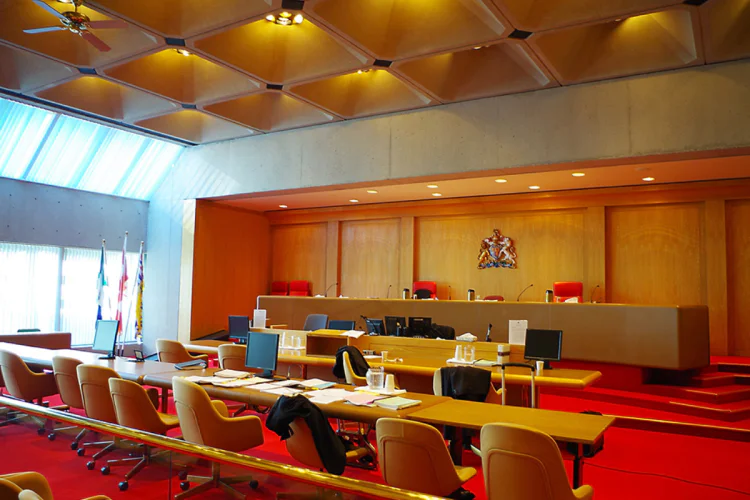How can we help you?

Students
Our strength is our people. We know our clients are best served when we practise law as a team – committed to each other, to client service and to a standard of excellence.
Engage in complex matters that allow for meaningful participation and learning opportunities. Explore the practice areas that interest you most. And take on new challenges that align with your strengths and goals.
MLT Aikins is the people-first place to learn and flourish.
Team culture
Our team-based culture and mentorship focus are exactly what you need as you start your career. We are invested in your growth – as a lawyer and as a person.
Client success
You can make a difference from day one. You’ll be involved in and contributing to meaningful work right out of the gate.
Career excellence
With exposure to many practice areas and diverse clients, you’ll identify your best fit. And our entrepreneurial culture means there will be nothing holding you back from taking on the next challenge when you’re ready.
What's new
Upcoming Events



Work with MLT Aikins
MLT Aikins is a full-service business law firm with a reputation for excellence. We have offices in Vancouver, Edmonton, Calgary, Saskatoon, Muskeg Lake Cree Nation, Regina and Winnipeg.
Our experience and legal and regional knowledge combined with our high responsiveness and urgency to solve problems means we are determined to get the results our clients want.
Contact us today – we’re looking forward to working with you.









